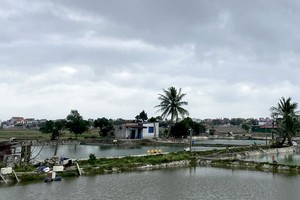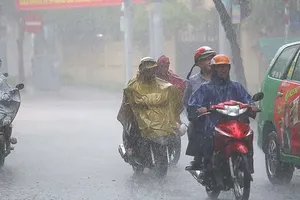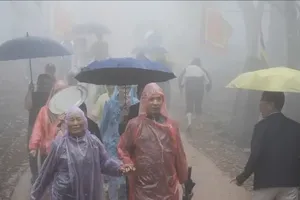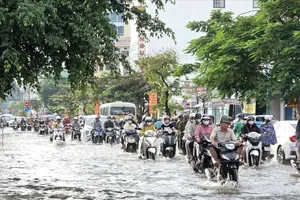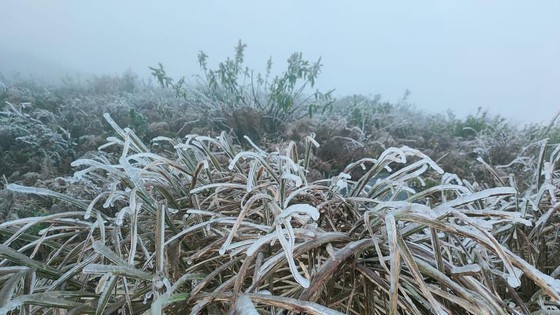
However, according to the data from the General Department of Natural Disaster Prevention and Control under the Ministry of Agriculture and Rural Development, the extreme cold wave has not been the worst for recent 10-20 years
The statistics showed that there have been four record cold spells in history from 2008 to now. According to the experts, severe or extreme colds have changes in the cycle; therefore, the localities need to proactively deal with ahead natural disasters to minimize damages.
According to Head of the Climate Forecast Division under the National Center for Hydrology Meteorology Forecasting (NCHMF) Nguyen Van Huong, temperatures in the Northern region will tend to decrease gradually from next month.
It is forecast that weather and natural disasters will have many changes in the cycle compared to every year falling from March to August. Particularly, the average temperature in the country will reduce by 0.5 degrees Celsius to 1 degree Celsius lower than the average of many years in March and April.
According to Head of the Climate Forecast Division under the National Center for Hydrology Meteorology Forecasting (NCHMF) Nguyen Van Huong, temperatures in the Northern region will tend to decrease gradually from next month.
It is forecast that weather and natural disasters will have many changes in the cycle compared to every year falling from March to August. Particularly, the average temperature in the country will reduce by 0.5 degrees Celsius to 1 degree Celsius lower than the average of many years in March and April.
As for March, temperatures in the Northern, North- Central and Mid-Central regions will decrease 0.5 degrees Celsius to 1 degree Celsius as low as the same period annually.
From June to August, the average temperatures in the whole country may be expected to increase by 0.5 degrees Celsius higher than the average of many years in the same period. In March, more cold spells will hit the country.
This year, the heat waves in the Northern and Central regions are likely to come later than the average for recent years.
From June to August, the average temperatures in the whole country may be expected to increase by 0.5 degrees Celsius higher than the average of many years in the same period. In March, more cold spells will hit the country.
This year, the heat waves in the Northern and Central regions are likely to come later than the average for recent years.

